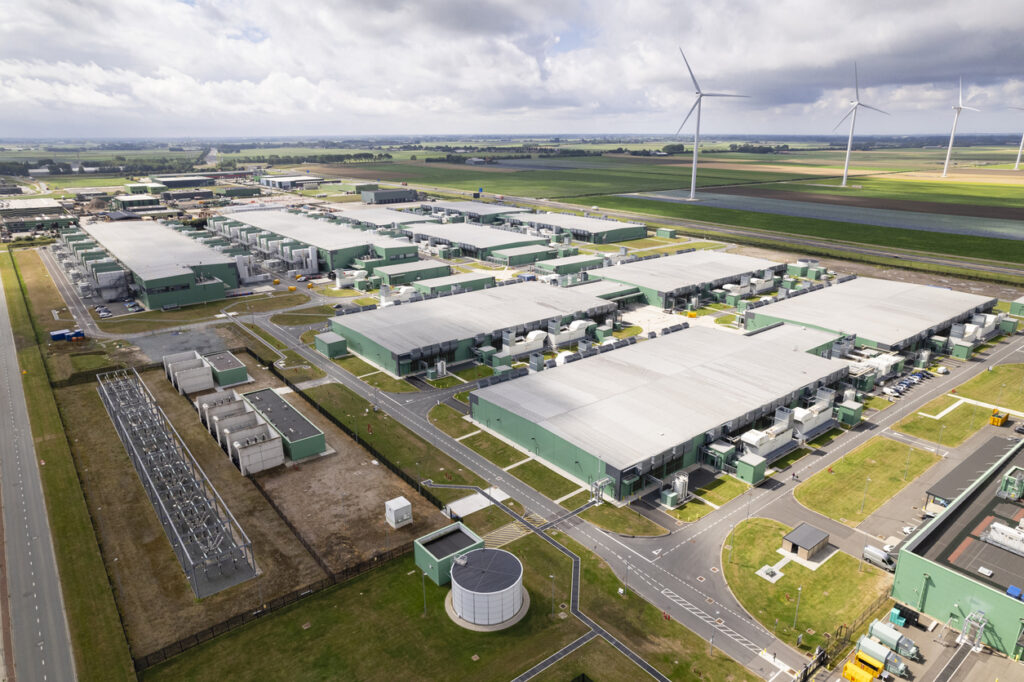A new power play for Tesla
Elon Musk’s Tesla, best known for its electric vehicles rather than energy ventures, has now applied through a subsidiary for a licence to supply electricity to British homes. Given the tough competition for EV sales, it is perhaps understandable that Tesla is seeking to diversify its product offering.
While electricity supply may seem an interesting avenue to pursue, given the challenges in that sector, if the application is successful, Tesla may have a disruptive impact on the electricity supply market.
EV challenges prompt a shift in strategy
With Tesla’s EV sales reportedly plummeting in Europe by 40 per cent in July this year, and rival automaker, BYD’s, tripling, the brand has to contend with fierce competition in an increasingly challenging EV marketplace. Coupled with reputational damage caused by Musk’s short-lived but controversial political ambitions, the brand’s popularity has potentially dwindled as a result. However, Tesla does have experience supplying electricity to consumers, having launched Tesla Electric in Texas in 2022, there may be a logic to an expanded service offering in other electricity markets.
Building a foundation for UK expansion
Tesla’s ambitions for the British market have been in the making for some time. The company first applied for a generation licence in 2020, which was granted by Ofgem, allowing them to produce electricity.
This was followed up in 2023, when its intention to become a supplier was stated in a job advertisement for a ‘head of operations’ vacancy at Tesla Electric, where the individual would be tasked with managing the company’s entry to the GB market.
Regulatory hurdles
Given the controversies surrounding Musk in particular, some may speculate over the suitability of Tesla as a new entrant.
Ofgem has tightened the criteria for new applicants in recent years. The process now involves more scrutiny including:
- The applicant’s finances and resources;
- Knowledge of regulatory obligations;
- The person is “fit and proper” to hold a supply licence;
- Suitability of the senior management team.
As Musk is unlikely to have direct involvement in the management of the supply business, Tesla, with its extensive resources, should be able to demonstrate the capacity required for a licence, there are limited barriers to entry for the organisation to clear.
Once granted a licence, the company will face the challenges of launching a new business. The British retail electricity market has been challenging in recent years and characterised by numerous insolvencies, requiring Ofgem to use the ‘supplier of last resort mechanism’ several times.
With a market capitalisation of over one trillion US dollars, Tesla certainly has the financial strength to succeed, and its immense brand recognition would provide an automatic head start in marketing. It may even be able to establish itself quickly on this alone.
What will Tesla offer?
While brand power could be enough to successfully launch itself into the market, Tesla may need more than recognition to truly establish itself. This is where the business’ offering will come into its own. In its established market in Texas, Tesla offers household supply deals, which allow Tesla EV owners to charge their vehicles cheaply and pays them for any surplus solar power or battery-stored electricity that is supplied back to the grid.
Acting as a supplier, as well as a tech innovator, neatly joins up several product offerings, EVs and household battery storage, allowing customers to be offered a convenient cost-saving package.
A market ripe for innovation
If Tesla follows a similar approach in Britain, it might become part of a trend for British energy suppliers becoming more creative with their offerings and lean into niches to stand out in the market.
One of the best examples of this is Octopus Energy which has grown to become the leading electricity supplier in just 10 years. The Octopus team found a gap in the market for making green energy affordable and accessible to consumers using innovative solutions and providing better customer service than its competitors, allowing the company to quickly grow a loyal customer base and enhance its industry reputation.
The future: Innovation as the key to power
Innovation is then important to growing and thriving in the electricity market today. The sector is going through radical change as it becomes ‘decarbonised, digitalised and decentralised’. This is helping to create opportunities for those able to offer more creative service offerings.
Tesla has an established culture of innovation and creativity. Having already shaken up the automotive and aerospace industries, it absolutely has the potential to do the same with the British electricity market – although incumbent suppliers will want to watch as its strategy unfolds to see if Tesla does pose a threat to the status quo.










